SUMMARY
This is AI generated summarization, which may have errors. For context, always refer to the full article.
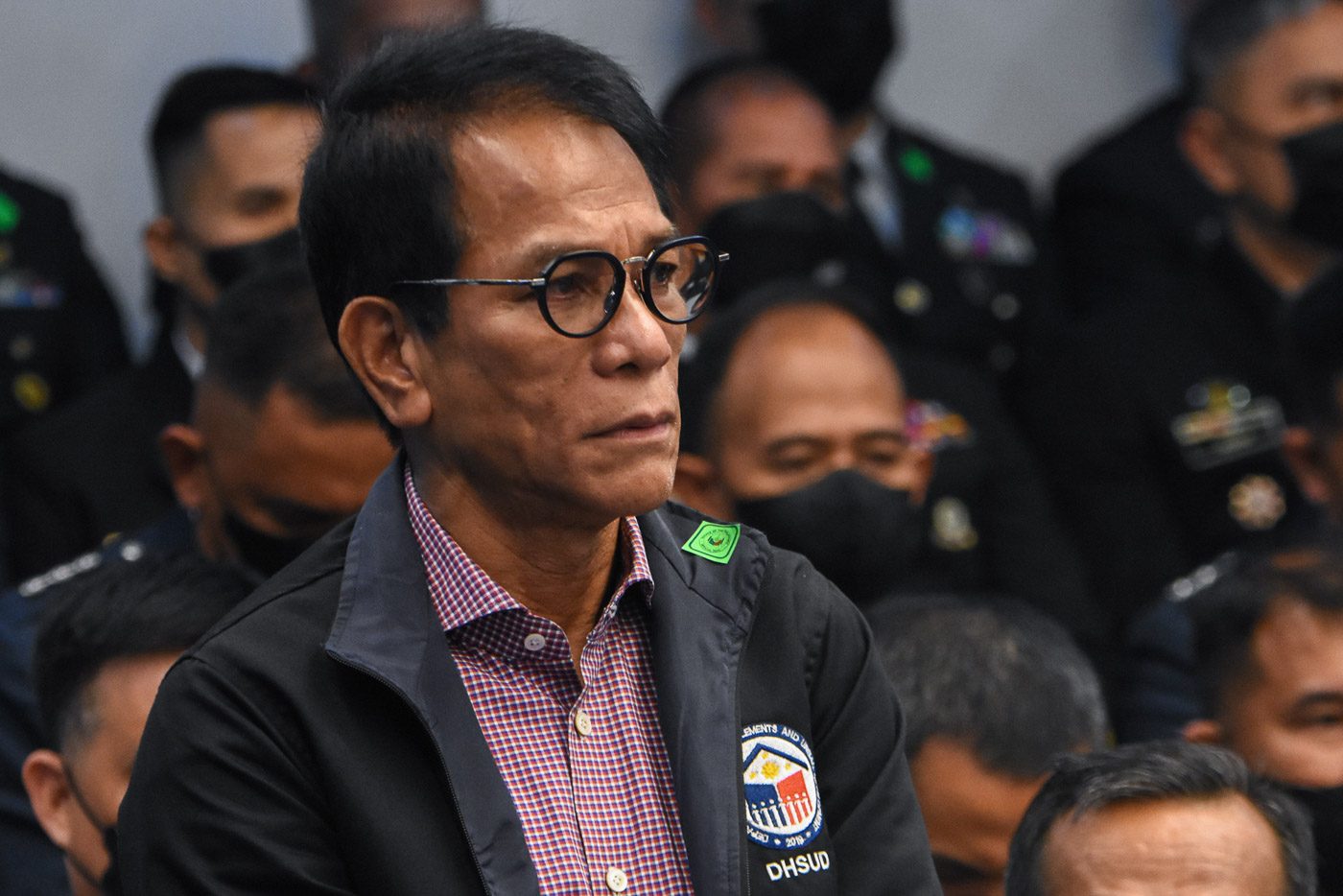
MANILA, Philippines – President Ferdinand Marcos Jr.’s housing chief said that some poor Filipinos cannot afford the government’s low-cost housing program because they are lazy.
Department of Human Settlements and Urban Development (DHSUD) Secretary Jerry Acuzar made the comment about the supposed laziness during House deliberations on his agency’s proposed 2024 budget, when Makabayan lawmakers told him that Filipinos could not afford the monthly amortization for government housing even with government subsidy.
“Hindi ba mayroon tayong DOLE? Ang papel ng gabinete, pataasin ang suweldo at bigyan ng trabaho iyong ibang Pilipino. Kami sa DHSUD, bigyan ng pabahay. Basta ang programa, may trabaho, may bahay. Minimum wage earners, siguradong magkakabahay,” Acuzar said on Tuesday, August 29.
(Don’t we have the Department of Labor and Employment? The role of the Cabinet is to raise the minimum wage and provide jobs. Our role in DHSUD is to provide housing. Our program is that you’ll have a house if you have work. Minimum wage earners are guaranteed to get their own houses.)
“Iyon pong hindi nagtatrabaho, malamang hindi magkakabahay. Paano iyan mangyayari kung ikaw ay tamad at siya ay masipag? Minsan kailangang harapin ang katotohanan na sila ay hindi nagsisipag,” he added.
(Those who do not have a job will most likely not have a house. How can you own a house if you are lazy and the other person is hardworking? Sometimes, we have to face the truth that they are not working hard.)
But Gabriela Representative Arlene Brosas said socioeconomic conditions make it much more difficult for the poorest of the poor to make ends meet.
“Itong 4PH program will not really address iyong poorest of the poor na programa natin. At hindi iyon katamaran. [1989] pa huling tumaas ang sahod nang signipikante. Ngayon naman, mumo naman iyong tinataas niya,” Brosas said.
(The Pambansang Pabahay Para sa Pilipino Program will not really respond to the needs of the poorest of the poor. That’s not laziness, the last substantial wage increase was in 1989. These days, salary increases are a mere pittance.)
Data from think tank IBON Foundation showed that the highest wage increase post-1986 EDSA uprising was during the Corazon Aquino administration. She ended her term with the minimum wage having risen by 219% from when she assumed office.
(Brosas initially said 1985 during her interpellation, but her staff later clarified she misspoke.)
Gov’t subsidy ‘too small’
DHSUD is the lead agency in implementing the Pambansang Pabahay Para sa Pilipino Program (4PH), which seeks to address the 6.8-million housing backlog by delivering one million units per year.
In her interpellation, ACT Teachers Representative France Castro said poor Filipinos would struggle to pay amortization even with subsidy from the government.
“The subsidy we’re proposing is P1.5 billion. If you divide that into your target 1 million [beneficiaries], each one would only receive P1,500 for the interest. Isn’t that small? That is why I believe our target 1 million beneficiaries is wishful thinking,” Castro asserted.

Acuzar however stood by the program, which he said allowed informal settlers to be relocated in-city instead of off-city.
The agency ecxplained the current strategy:
- minimizes adverse impacts of displacement and periods of adjustment for families being relocated
- provides continued employment or access to livelihood opportunities
- improves overall well-being and standard of living for targets of relocation
“We found a way for them to avail of in-city relocation, through subsidy graduated amortization. Don’t look at the [total] price, look at the support the government provides towards monthly amortization,” Acuzar said.
The monthly amortization is around P4,500, but can go lower to P2,000 through the graduated scheme.
Castro nonetheless said they supported calls for a higher funding for DHSUD, but maintained that the budget should directly go to its affordable housing program.
President Marcos signed Executive Order No. 34 in July, which declared 4PH a flagship program, and directed government agencies to submit an inventory of suitable lands for the project’s implementation.
In the first year of the current administration, DHSUD reported that it has produced and financed 165,498 housing units.

DHSUD’s funding request for 2024 is P2.611 billion, 138% higher than the agency’s budget for this year worth P1.092 billion. – Rappler.com
Add a comment
How does this make you feel?
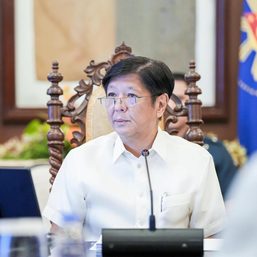



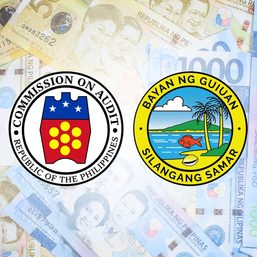

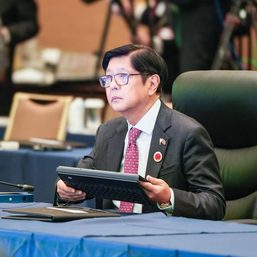

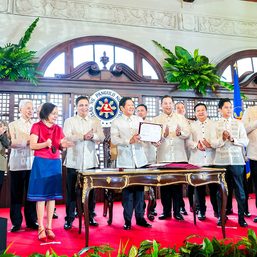

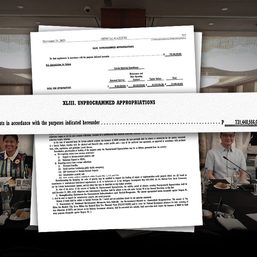
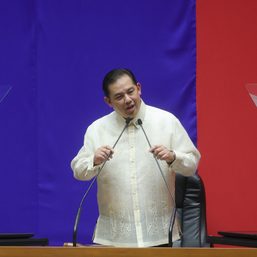
There are no comments yet. Add your comment to start the conversation.